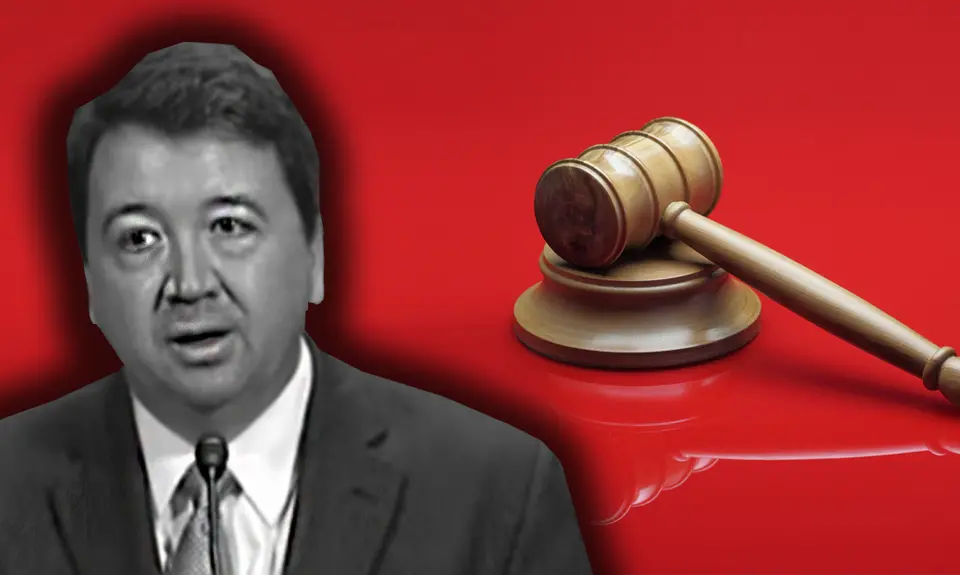“Confirmed Judges, Confirmed Fears” is a blog series documenting the harmful impact of President Trump’s judges on Americans’ rights and liberties.
In October 2018, a three-judge panel of the Sixth Circuit ruled that a lower court had improperly denied a person the opportunity to file an amended complaint that contained constitutional rights claims. The decision was 2-1, with Trump judge John K. Bush dissenting in part.
In Tolliver v. Noble, while incarcerated, Kevin Tolliver complained about a religious services contractor that he said was not providing him the ability to practice his religion and requested the contractor be removed. He was transferred to another prison and encountered the same religious services contractor. He complained again and, he claimed, as a result was placed in solitary confinement. After returning from solitary, he claimed that documents relating to the contractor investigation had been removed from his personal property. Tolliver was then transferred a third time.
Representing himself, Tolliver sued in district court alleging that his transfer to solitary and then to another prison was retaliation for his complaints and that he was improperly deprived of his property. His case was dismissed. Tolliver then attempted to file an amended complaint with more detail, adding specifically that his due process and first amendment rights were violated. The district court ruled against him because a final order in the case had already been entered, which meant Tolliver was not allowed to submit any further filings. Tolliver appealed.
The majority explained that the district court abused its discretion, should have allowed Tolliver to file his amended complaint, and should have afforded Tolliver the appropriate leniency required for plaintiffs who represent themselves in court.
Judge John K. Bush believed otherwise. Although he agreed with part of the majority’s ruling, Bush claimed that the district court did not abuse its discretion in dismissing Tolliver’s due process claim about the improper transfer to another prison because Tolliver did not provide enough facts to support his allegations. As the majority explained, however, courts must not impose a “rigid” standard on people who represent themselves in court, and Tolliver did file documents that “elaborate on his concerns” about the transfer, including the concern that the transfer would “disrupt” a post-prison re-entry program.
